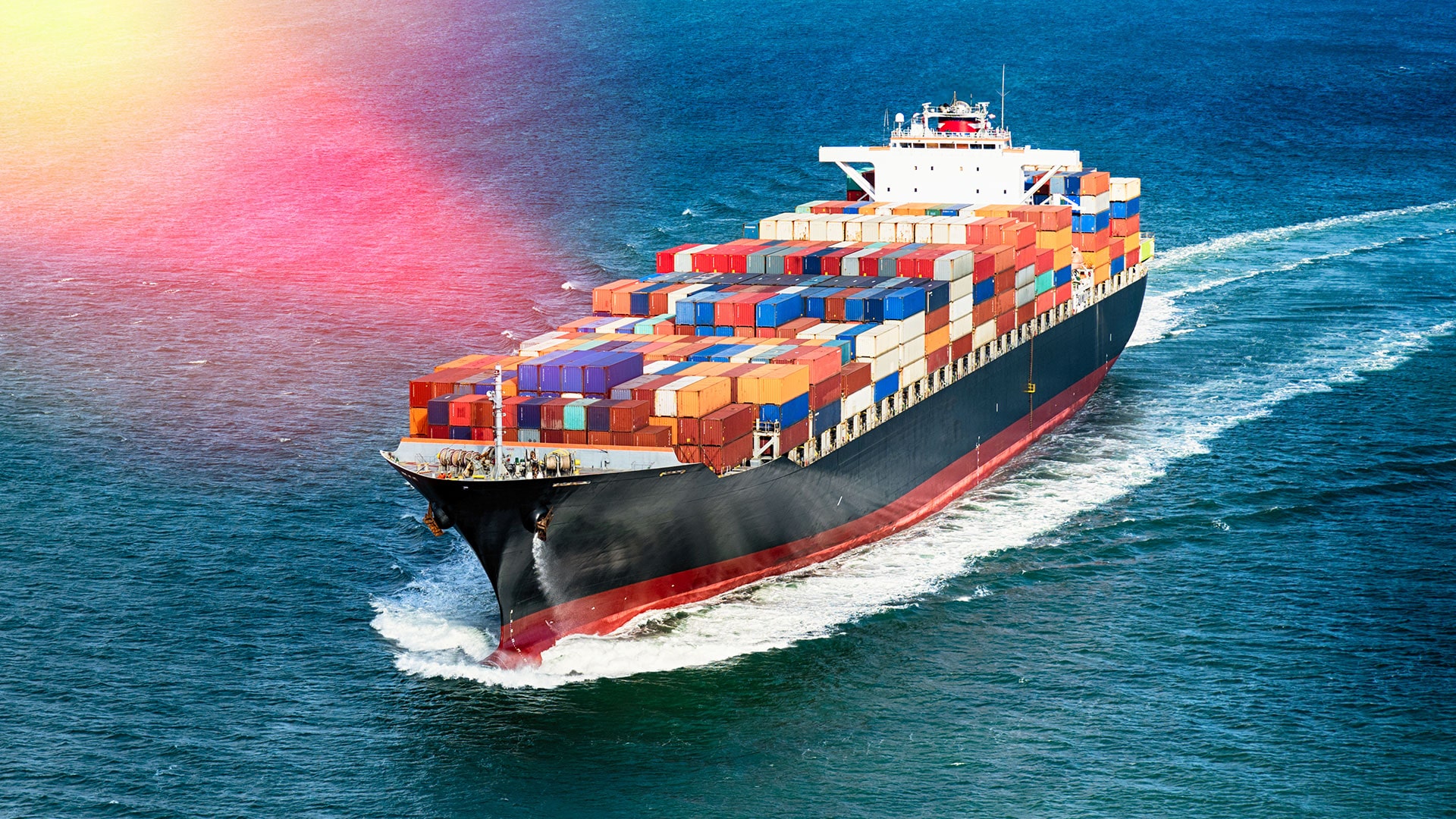
For over a decade now, Chinese political leaders have worried over what they called the “Malacca Dilemma”. They have a reason to worry. 82% of China’s total crude shipments and much of its liquified gas pass through the Malacca Strait, which lies between the Sumatra and the Malay Peninsula.
The reason why China is worried is that the US Navy has a significant naval presence there. So, it is no surprise as the Telegraph reports that China’s political leaders are studying history. In particular, the Royal Navy’s “limited blockade” of the Falkland Islands in 1982 amid the Falklands War and the U.S. blockade of Japan in 1940 during World War II.
China’s Strategic Petroleum Reserve (SPR), which refers to crude oil inventories or stockpiles held by the Government and private industry for use during an emergency crisis, has typically never been disclosed. Estimates put the Chinese reserve at 40 days. In comparison, Japan’s SPR can last over 222 days according to Platts. Likewise, the US SPR stands at 650 million barrels of crude, enough to meet the nation’s demand for over a month according to Platts.
Yet, many experts believe that the rise of U.S. shale gas, which has seen the US become a net exporter of oil and gas, means that the SPR may not have a strategic role.
However, for China, this unease with the Malacca strait comes at a time of heightened political tensions between itself and the U.S.
The U.S. under President Trump has imposed $250 billion dollars-worth of tariffs on Chinese goods, with an additional $325 billion promised.
In comparison, China has imposed $156 billion dollars-worth of tariffs on US goods. With the further row over Huawei, many are predicting a “Cold War 2.0”.
Yet for (re)insurers and their corporates in this age of uncertainty of global trade, a topic we will be discussing in a forthcoming white paper, the race for them is making sense or rather quantifying these risks before it is too late.

Related Articles
Energy
Energy
Energy